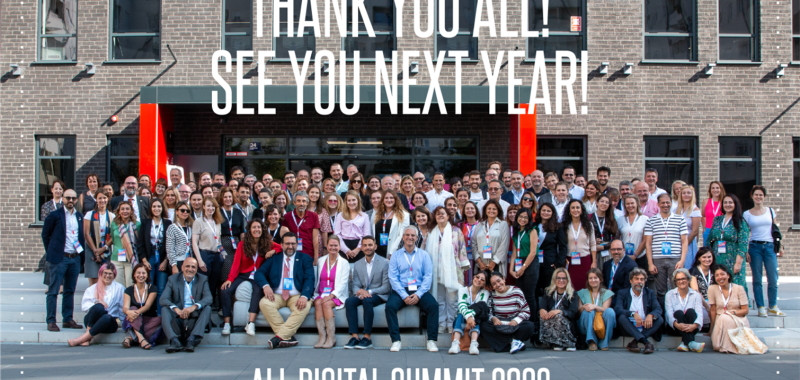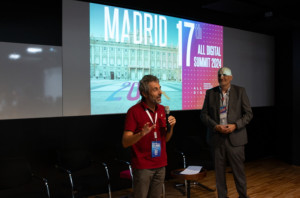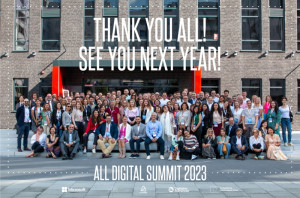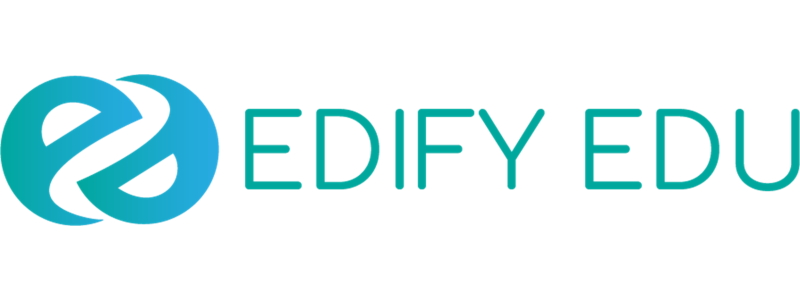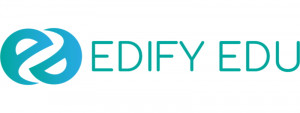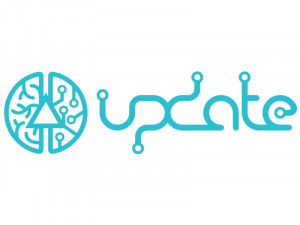 The DAISSy Research Group of the Hellenic Open University (HOU) invites to the info day on «The new frontiers of teaching between virtual and artificial intelligence», to be organized within the framework of the implementation of the UPDATE- User-friendly Practical Distance Active Training Experience European project, currently undergoing by DAISSy, as the Greek partner. The activity takes place on Thursday 18th January 2024 from 15.00’ to 18.30’EEST, and is organized by the project coordinator Ente Acli Istruzione Professionale Piemonte, in Torino (Italy), providing also the possibility of online participation!
The DAISSy Research Group of the Hellenic Open University (HOU) invites to the info day on «The new frontiers of teaching between virtual and artificial intelligence», to be organized within the framework of the implementation of the UPDATE- User-friendly Practical Distance Active Training Experience European project, currently undergoing by DAISSy, as the Greek partner. The activity takes place on Thursday 18th January 2024 from 15.00’ to 18.30’EEST, and is organized by the project coordinator Ente Acli Istruzione Professionale Piemonte, in Torino (Italy), providing also the possibility of online participation!
Specifically, the event is addressed to vocational education and training providers, apprenticeship advisors, vocational training teachers, decision-makers, researchers and education professionals.
More precisely:
- Participation is free of charge and open to all
- Simultaneous interpretation in English is provided
- Registration through the Eventbrite electronic platform is pre-required here by selecting the «Reserve a spot» field
- Online participation is available through the Zoom electronic platform, by using the following link: https://us02web.zoom.us/j/83574178175
The UPDATE project aims at strengthening and implementing a digital ecosystem for vocational training by collecting and developing digital and technological solutions and enhancing the updating of digital skills of vocational education and training of teachers and trainers. The overall objective of the project is to improve the quality of vocational training provided by VET organisations – with a view to increasing the learning opportunities, integration and training success of trainees, as well as their employability – by enhancing the capacities of trainers and instructors to implement blended and distance learning formats and to apply new technologies to vocational training activities with a high practical content.
The project is implemented by a consortium of four (4) partners representing four (4) European countries (Greece, Italy, Estonia, Denmark). The DAISSy Research Group of the Hellenic Open University, the Greek partner, participates in all deliverables of the UPDATE project and is responsible for the development of the UPDATE training programme and the electronic learning platform.
For more information on the UPDATE project, and other activities of DAISSy:
- Website: http://daissy.eap.gr/en, https://update-project.eu/
- Facebook: @DAISSyResearchGroup, @update.project.22
- Linkedin: https://www.linkedin.com/in/daissyresearchgroup/
- Twitter: @daissy_research
- Instagram: @daissy_researchgroup
- Email: info@daissy.eap.gr
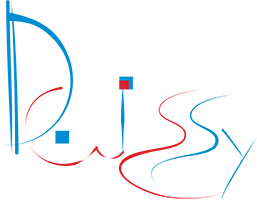
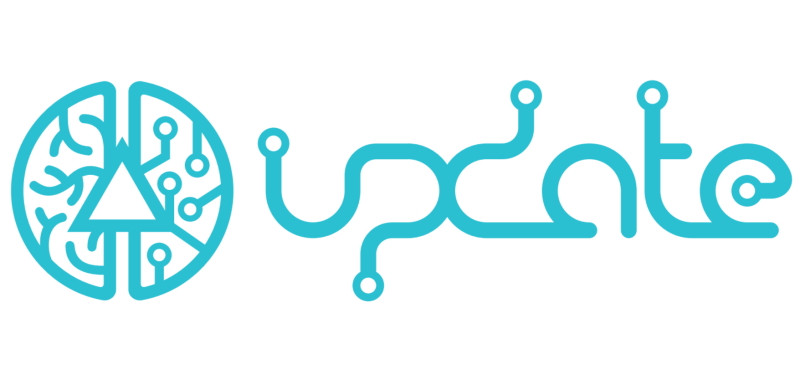
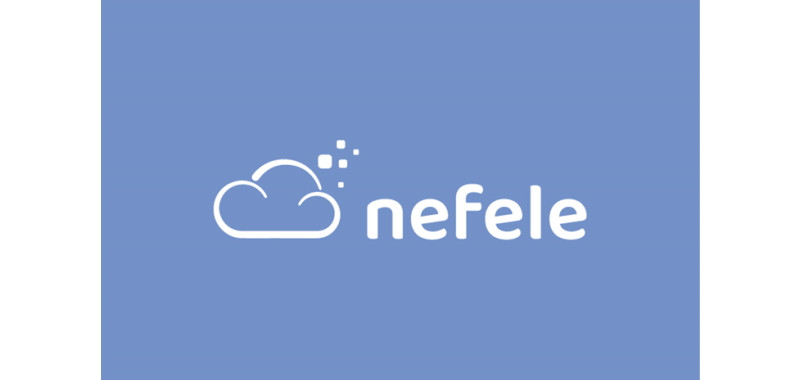
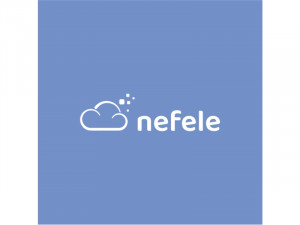 The
The 
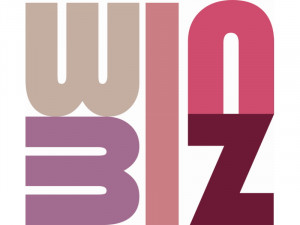 The
The 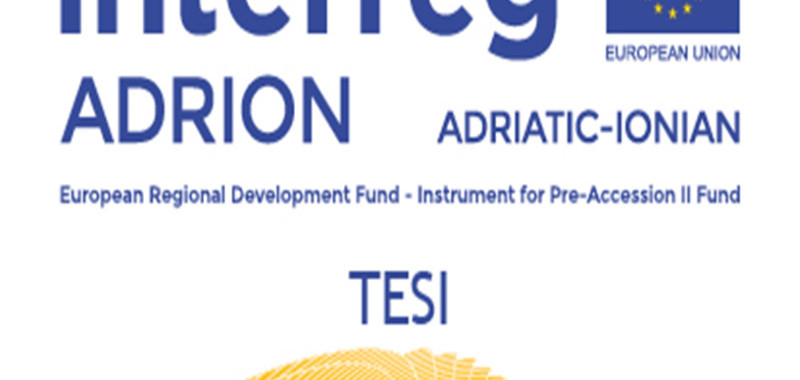
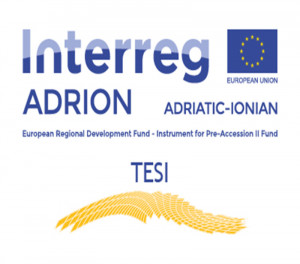 The
The 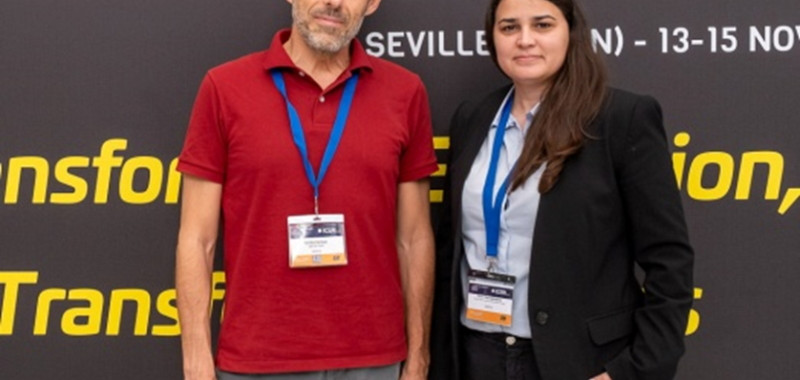
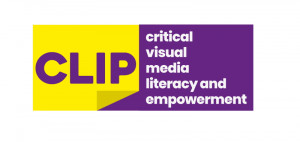 The 16th annual
The 16th annual 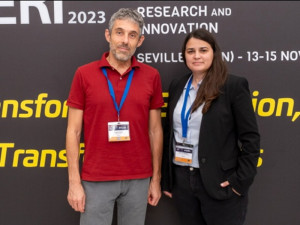
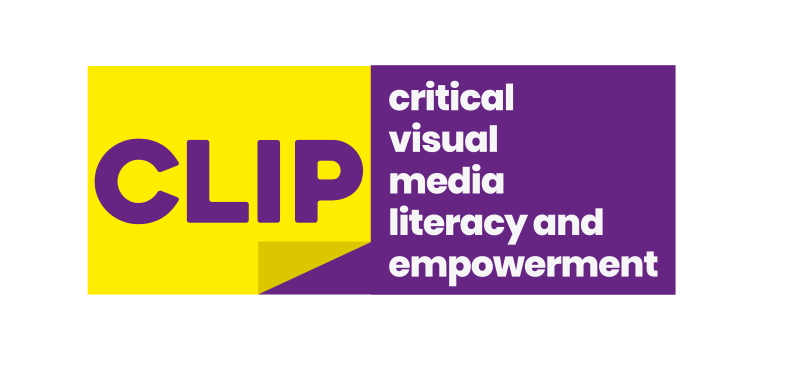
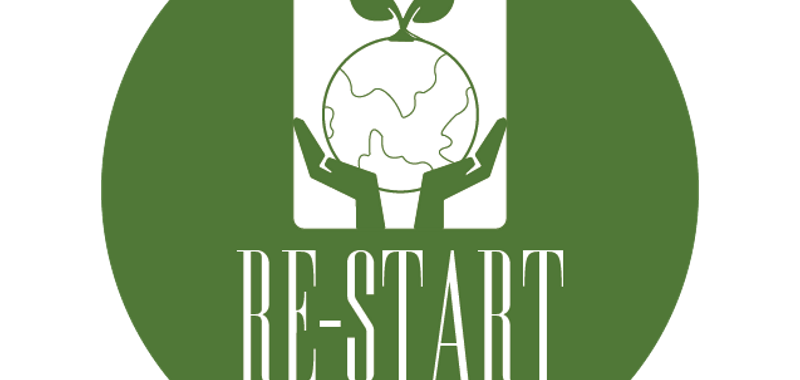
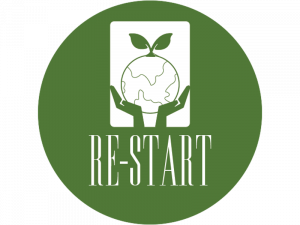 The
The 